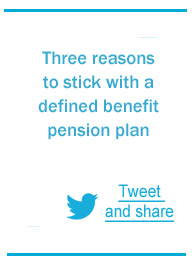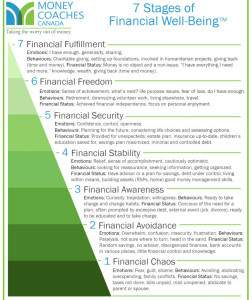By Karen Richardson, FPSC Level 1TM Certificant in Financial Planning

Credit cards, when used carefully, can play a positive role in your financial life. Using credit wisely is critical to building a solid credit history. If you need a loan or a mortgage, or you want to renegotiate a loan, a good credit rating is important and will help you negotiate the best terms. But credits cards used carelessly can send your life and finances into a tailspin.
But we all know this, right? So how do smart people with six figure incomes end up with more credit debt than they intended? Often it’s the seductive lure of credit card reward programs.
How many people do you know who put almost everything on their credit card so they can earn reward points? Maybe you do it too. Well let’s take a look at the perks and pitfalls of a rewards plan spending habit.
Perks
1. If you are using a card with rewards that are of value to you, and you are paying off your balance each month, you may be benefitting from the program.
Well that was a short list.
Pitfalls
Unfortunately this list isn’t as short. Continue reading



 Question from Derrick Alstein, Port Elgin, age 60:
Question from Derrick Alstein, Port Elgin, age 60:
 But what we have to remember is that markets always have their ups and downs. Easier said than done I know, but it’s best not to succumb to emotion or panic selling.
But what we have to remember is that markets always have their ups and downs. Easier said than done I know, but it’s best not to succumb to emotion or panic selling. Happy New Year!
Happy New Year!





